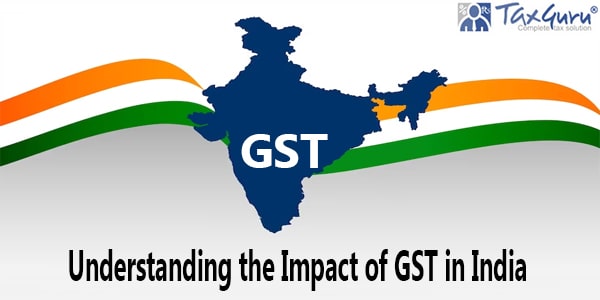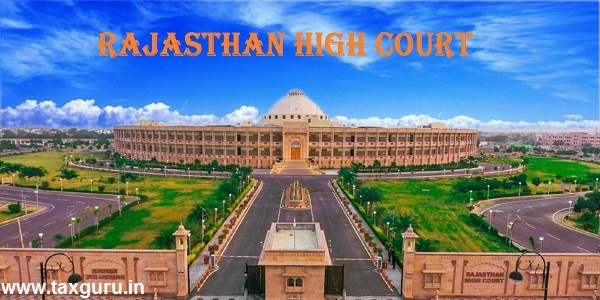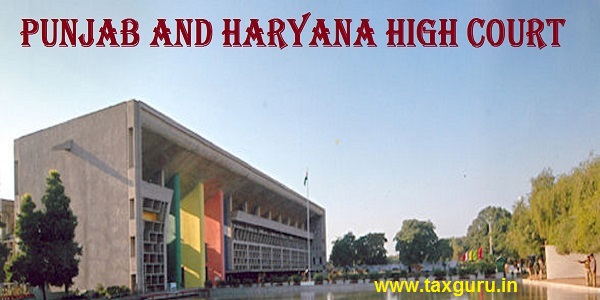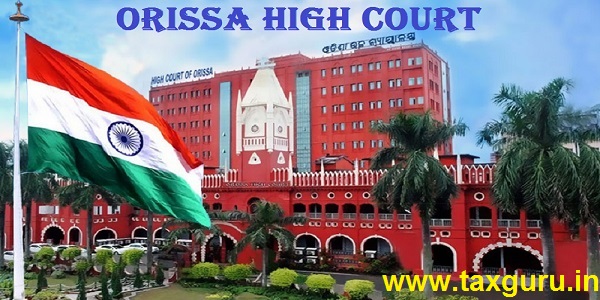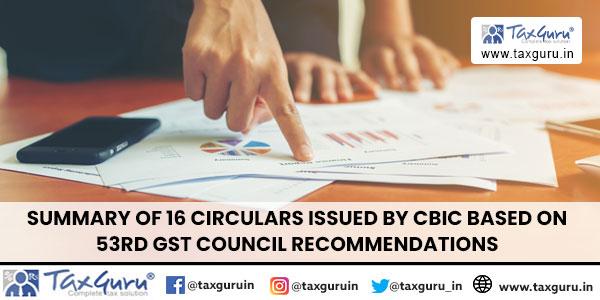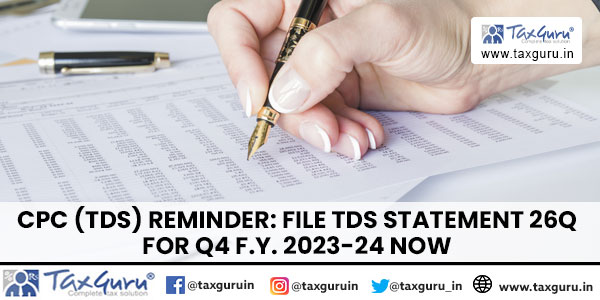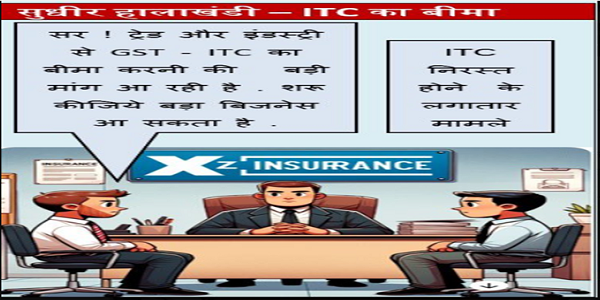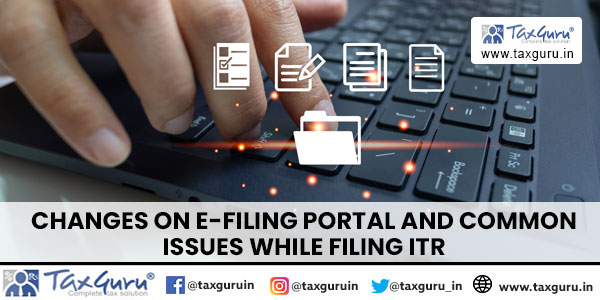Case Law Details
Storewell Construction & Engineers Vs PCIT (ITAT Pune)
The Ld. AR demonstrated that in the assessment order itself on those two issues the limited scrutiny of the assessee was done and the Assessing Officer dealt with these two issues and have accepted the income filed by the assessee. As per Para 3 of the assessment order, it clearly states “After verification of information as available on the records, information filed during the course of assessment proceedings and after verification of books of accounts, the income filed by the assessee is hereby accepted.”
The Ld. Pr. Commissioner of Income Tax on the other hand invoked the revisionary jurisdiction u/s.263 of the Act to look into the other issues relating to the assessee which were not within the purview of the limited scrutiny. The CBDT Circular vide its letter F-No.225/26/2006-ITA-II (Pt.), 8th September, 2010 has described the procedure for handling limited scrutiny cases wherein the Assessing Officer shall remain confined only to the specific reasons/issues for which case has been picked up for scrutiny. In this case, the Assessing Officer has already verified those issues for which limited scrutiny was conducted. The Ld. Pr. Commissioner of Income Tax wants the Assessing officer to look into various other issues of the assessee which were not covered within the purview of the limited scrutiny. This is not permitted within the framework of the Income Tax Act.
That further on perusal of the CBDT Circular and the facts of the case, it is clear that the order of the Assessing Officer is neither erroneous nor prejudicial to the interest of the Revenue. The Hon‟ble Supreme Court of India in the case of Malabar Industrial Co. Ltd., (2000) 243 ITR 83(SC) has specifically held that “in order to assume the revisionary jurisdiction u/s.263, the order of the Assessing Officer must be erroneous so far as it is prejudicial to the interest of the Revenue.”
In the facts of the present case, these criteria are not met so far as the assessment order is concerned and therefore, we quash the order passed by the Ld. Pr. Commissioner of Income Tax u/s.263 of the Act. We order accordingly.
FULL TEXT OF THE ITAT JUDGEMENT
This appeal preferred by the assessee emanates from the order of the Ld. Pr. Commissioner of Income Tax-1, Aurangabad dated 22.03.2019 passed u/s.263 of the Income Tax Act, 1961 (hereinafter referred to as „the Act‟) for the assessment year 2014-15 as per the grounds of appeal on record.
2. The crux of the grievance of the assessee in this appeal is the assumption of revisionary jurisdiction by the Ld. Pr. Commissioner of Income Tax u/s.263 of the Act.
3. At the very outset, the Ld. AR invited our attention to the assessment order at Para 2 wherein, it specifically states that the case was selected for limited scrutiny under CASS. The issues for which the limited scrutiny was done are for two reasons:
i) Higher turnover reported in Service Tax Return compared to ITR;
ii) Mismatch in amount paid to related persons u/s.40A(2)(b) reported in Audit Report and ITR.
The Ld. AR demonstrated that in the assessment order itself on those two issues the limited scrutiny of the assessee was done and the Assessing Officer dealt with these two issues and have accepted the income filed by the assessee. As per Para 3 of the assessment order, it clearly states “After verification of information as available on the records, information filed during the course of assessment proceedings and after verification of books of accounts, the income filed by the assessee is hereby accepted.”
4. The Ld. Pr. Commissioner of Income Tax on the other hand invoked the revisionary jurisdiction u/s.263 of the Act to look into the other issues relating to the assessee which were not within the purview of the limited scrutiny. The CBDT Circular vide its letter F-No.225/26/2006-ITA-II (Pt.), 8th September, 2010 has described the procedure for handling limited scrutiny cases wherein the Assessing Officer shall remain confined only to the specific reasons/issues for which case has been picked up for scrutiny. In this case, the Assessing Officer has already verified those issues for which limited scrutiny was conducted. The Ld. Pr. Commissioner of Income Tax wants the Assessing officer to look into various other issues of the assessee which were not covered within the purview of the limited scrutiny. This is not permitted within the framework of the Income Tax Act.
5. That further on perusal of the CBDT Circular and the facts of the case, it is clear that the order of the Assessing Officer is neither erroneous nor prejudicial to the interest of the Revenue. The Hon‟ble Supreme Court of India in the case of Malabar Industrial Co. Ltd., (2000) 243 ITR 83(SC) has specifically held that “in order to assume the revisionary jurisdiction u/s.263, the order of the Assessing Officer must be erroneous so far as it is prejudicial to the interest of the Revenue.”
In the facts of the present case, these criteria are not met so far as the assessment order is concerned and therefore, we quash the order passed by the Ld. Pr. Commissioner of Income Tax u/s.263 of the Act. We order accordingly.
6. In the result, appeal of the assessee is allowed.
Order pronounced on 05th day of December, 2019.





